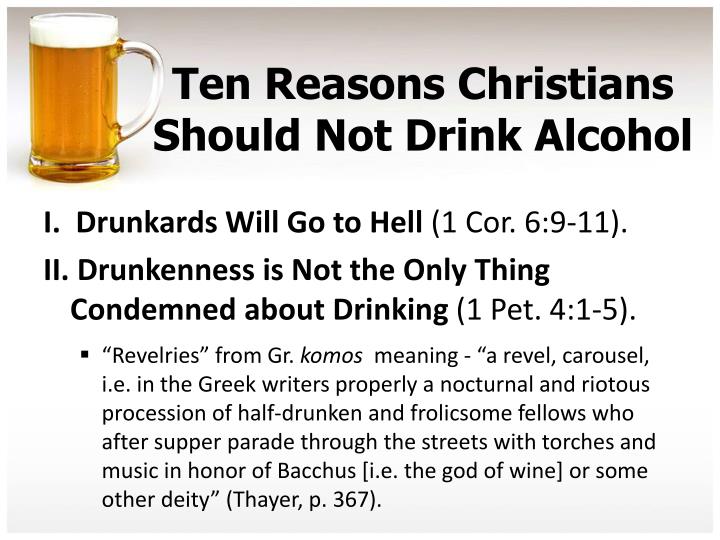
He would be in danger of considering - not exclusively, but excessively - what would be the extent of his kingly rule, what the revenue he would be able to collect, what the influence he would wield over neighbouring powers, what the authority he would exercise over his own people, etc. David, as a man subject to all human passions, would be particularly tempted to weigh the worldly advantages of his favourite son, and estimate them very carefully and very highly. And this in proportion to the height of the dignity, the measure of the power, the extent of the fortune, to which we have attained. So near to us is this present passing world, so powerfully do its interests appeal to us, so strong is the hold which it gains over our senses and our imagination, that we are apt to overestimate altogether its claims and its worth. A STRONG TEMPTATION TO MAKE A FALSE ESTIMATE. David, like the rest of human parents, and more than most of them, was under. We see the devout man extremely solicitous that his son should walk in the ways of Divine and heavenly wisdom. And we have such a glimpse as we should expect to gain. Clarkson In these verses we have a peep into the royal house at Jerusalem while David was on the throne. It is a sketch or outline, given to the pupil he fills it in and colours it as life progresses. It admits of infinite illustration from experience. Easily remembered by the young, impossible to forget in age.ģ. THE ADVANTAGES OF THIS METHOD OF TEACHING.Ģ. 10) "Thy steps shall not be hindered" (ver. 8) "give to thy head a chaplet of delight " "hold out to thee a splendid crown" (ver. 6) "exalt thee bring thee to honour" (ver. 4) "She shall guard thee " "protect thee" (ver. (3) In reference to the accompanying promise. 8) "receiving words" and "adhering to instruction" (vers. 6) "holding her high" and "embracing her" (ver. 4) "getting" and "not turning from" (ver. 2) "holding fast in the heart," and "guarding" (ver. This is presented as "hearing" and "attending" (ver.

(2) In reference to the active effort of the mind itself. "Wisdom" is the leading word but this is exchanged for "training" and "insight" (ver. (1) In reference to the object of pursuit.

It has variety of expression with unbroken unity of thought. Generally, for all, the best life wisdom must be these iterations, "Line upon line, precept upon precept" or stare super antiquas vias - a recurrence to well worn paths.Ģ. Thought is not so much expansive, travelling from a centre to a wide periphery it swings, like a pendulum, between two extremes. But this form is peculiarly part of the habit of the stationary East. It may even seem to modern ears monotonous. 4-9.) They are summed up in "the one thing needful." In opposition to the cynical maxim, "Get money, honestly if you can, but by all means get money," or the refrain of "Property, property" (Tennyson's 'Northern Farmer'), the teacher rings the exhortation out, like an old chime, "Get wisdom, get understanding."ġ.

THE CONTENTS OF THIS TRADITION ARE SIMPLE, YET PROFOUND. Our later life is for the most part the reproduction in other forms of the deep impressions of childhood. Every higher effort of the intellect rests on memory. As the twig is bent, so is the tree inclined or, as Horace says so beautifully, "The cask will long preserve the odour with which when fresh it was imbued" ('Ep.,' 1:2. EARLY INSTRUCTION WILL BE RETAINED, RECALLED, AND REPRODUCED. Tradition in every form is, perhaps, the strongest governing power over the minds of men in every department of life. 1-3.) Handed down from father to son and grandson, or from mother to daughter and grandchild, from Lois to Eunice, till it dwells in Timothy also ( 2 Timothy 1:5).

He would hand on the torch of wisdom, the tradition of piety, to the next generation. Johnson The writer, here and in Proverbs 5:7 and Proverbs 7:24, addresses his audience as children, thinking of himself as a son, who had been the object of fatherly counsels and warnings in his youth.


 0 kommentar(er)
0 kommentar(er)
